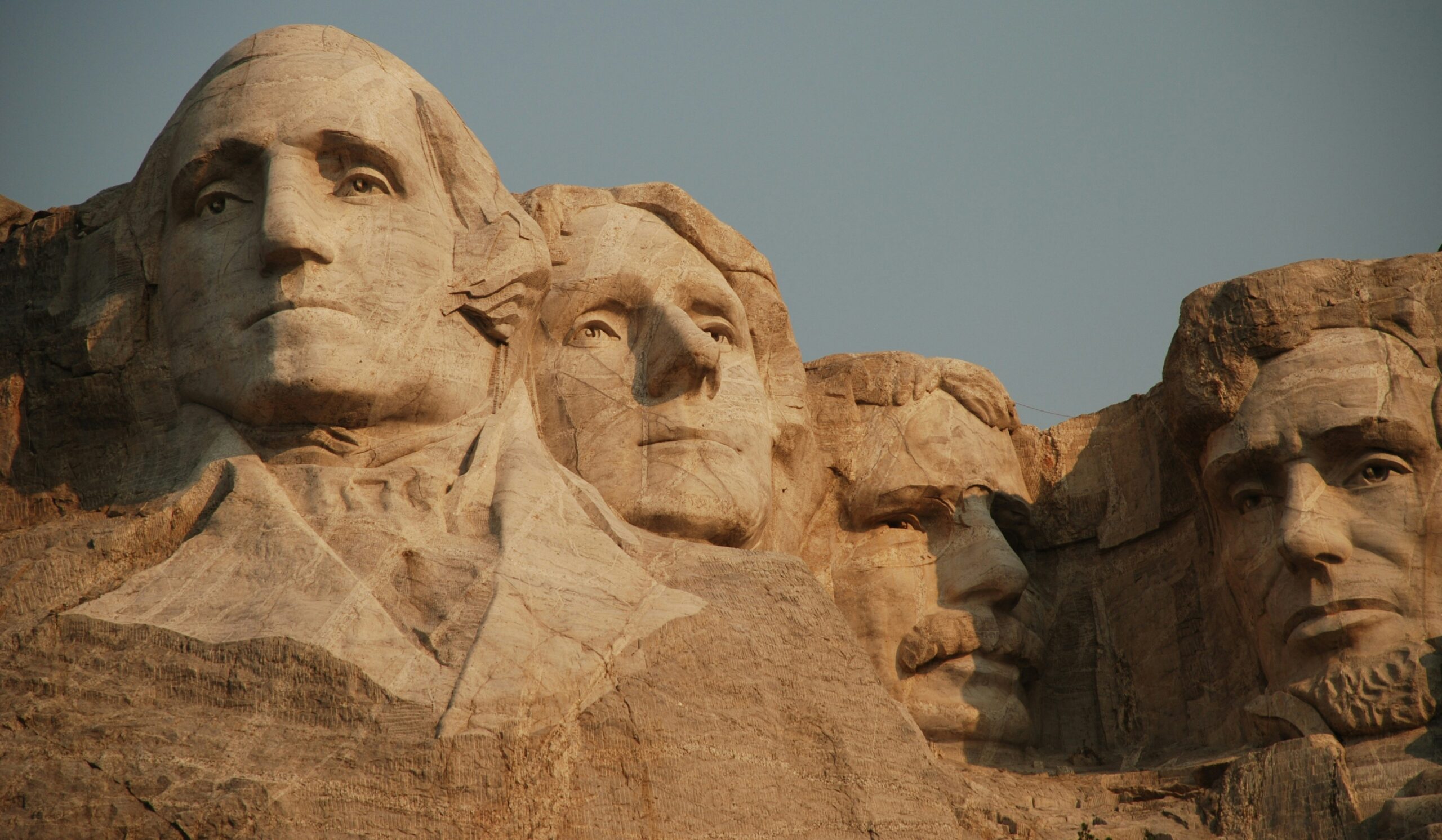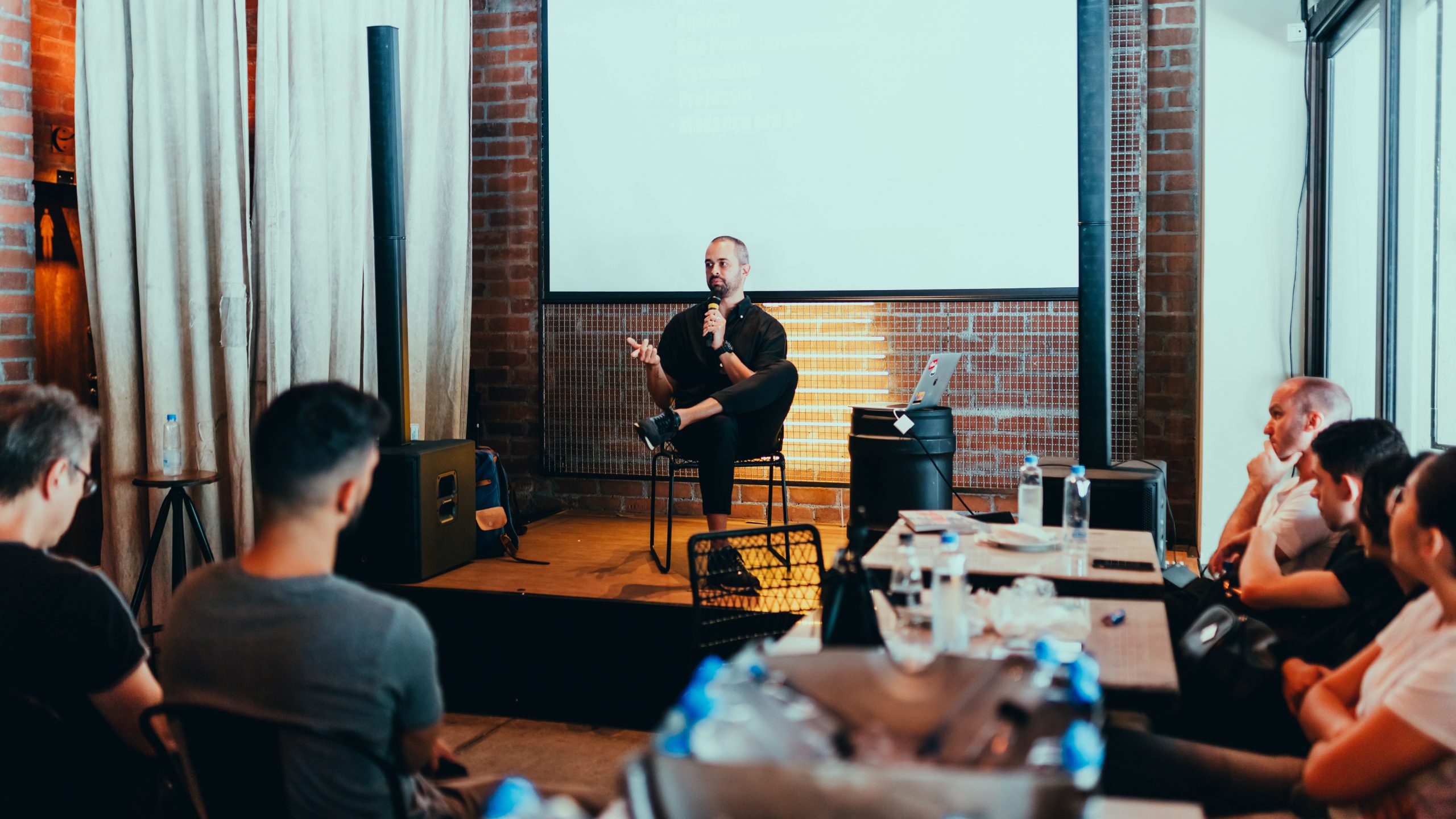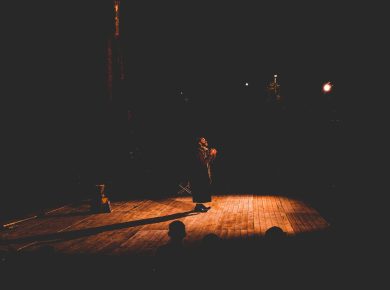Little is known about the earliest peoples who lived in the area of West Africa that became Nigeria. However, some remains of human activities dated as far back as 12,000 BCE have been discovered. They were hunters and gatherers who eventually started to practice subsistence agriculture.
Later, they also started using iron, copper, brass, and bronze instead of stone to make tools. In a place called Tarugain N, Nigeria, iron smelting began as early as the fourth century BCE. People who began using iron for tools are considered by archaeologists to be in the”Iron Age.”
Pre-colonial Empires, States, and Global Trade
From the 12th century CE until the colonial period, the region that is now Nigeria was a collection of various empires, kingdoms, and states with wide networks of trade and political systems. This section highlights examples of societies that rose and fell during this period.
Archaeological evidence shows that the first complex societies in the forest regions of West Africa (including southern Nigeria) began to form even before the 12th century CE. For example, the site at Igbo-Ukwu in Nigeria is dated to around 900 CE. But not much is known about these early societies.
Focus 1
However, the people at Igbo-Ukwu were involved in well-organised trade networks. As we move into the 12th century to discuss other societies in this region, it will become clear that extensive trade was important to their existence.
The history of the places which, since 1900, have been known under the name of Nigeria during the pre-colonial period (16th to 18th centuries) was dominated by several Fulani kingdoms.
Focus 2
Kingdoms developed in the form of the trans-Saharan slave trade, but they rose to prominence in the late 18th century, living on the Atlantic slave trade due to the great demand of American empires.
The gradual increase of Western influence during the 19th century (the scramble for Africa), in the case of Nigeria, concluded with the British protectorates of them and southern Nigeria in 1900.
Slave Trade History
The traditional setting of the slave trade had been part and parcel of their lives. The maltreatment of slaves could not be compared to that of the Europeans, especially the gruesome and cruel treatment of these Europeans.
The Europeans needed more people to work on their sugar, tobacco, and cotton plantations; so, slaves were the best option for labour. There were different ways of acquiring slaves; below are some ways;
Through inter-tribal and communal wars, Kings fought their neighbours, raided, and took people as prisoners. These prisoners then turned into slaves. Internal occasional raids in the marketplaces, along the pathway leading to the streams, and other places within the community.
The selling of people as slaves to acquire wealth
These slaves were all made to work and contribute manual labour on farms and agricultural fields. They were used as domestic servants or even reserved for sacrifices during festivals.
This capturing of slaves was done by the kings and traditional chieftains who were well-trained in capturing, raiding, preserving, and selling human beings as slaves.
These led to the trans-Atlantic slave trade, where millions of Africans were taken across the Atlantic Ocean to America.
Effects of the lave Trade in Nigeria
In Nigeria, the slave trade had negative effects on the people, especially the victims. It was so bad that many of them were severely beaten.
To avoid mixing the slaves while they were being taken away, they were marked with a hot rod so that the slave masters would be able to identify them.
The slaves never forgot how badly the slave masters treated them. Who Stopped the Slave Trade in Nigeria? History has it that some enslaved captives fought endlessly to end the slave trade in Nigeria.
People like Olaudah Equiano, Ottabah Cugoano, and others publicly demanded the abolition of the slave trade.
Thus, the UK parliament passed a bill in 1807 to abolish the slave trade. Meanwhile, the decision to abolish the slave trade was not acceptable to some, and so they did not support the bill.
Conclusion
Nigeria had gone through terrible times, such as the slave trade and intertribal wars. But God used some people to stop the evil act. Presently, Nigeria is going through modern-day slavery.
As Christian children, God can use you too to bring transformation to Nigeria., You can be one of the nation builders like those past heroes. You can save Nigeria from this modern slavery through your prayer of intercession.
Nigeria during the Colonial Era
Nigeria was ruled by the British Empire from the mid-nineteenth century until 1960when Nigeria gained independence. British influence in the region began with the abolition of the slave trade by British subjects in 1807.
Britain took over Lagos in 1861 and established the Oil River Protectorate in 1884. British influence in the Niger area increased gradually over the 19th century, but Britain did not effectively occupy the area until 1885.
Other European powers acknowledged Britain’s control over the area in the 1885 Berlin Conference.
History of the Events of the Colonial Period
From 1886 to 1899, much of the country was ruled by the Royal Niger Company, authorised by a Charter, and governed by George Taubman Goldie.
In 1900, the Southern Nigeria Protectorate and Northern Nigeria Protectorate passed from being operated by companies to the crown.

Focus
At the plea of Governor Frederick Lugard, the two territories were amalgamated as the Colony and Protectorate of Nigeria, while maintaining considerable regional independence among the three major regions(Northern Protectorate.
Southern protectorate, and the Colony of Lagos, Progressive constitutions after World War II provided an increasing representation and electoral government by Nigerians.
The colonial period in Nigeria lasted from 1900 to 1960, when Nigeria gained its independence.
Abolition of the Slave Trade
European slave trade from West Africa began before 1650, with people taken at a rate of about 3,000 per year. This rate rose to 20,000 per year in the last quarter of the century.
The slave trade was heavy in the period(1700-1850), with an average of 76,000 people taken from Africa each year between 1783 and 1792. At first, the trade focused on West Central Africa, now the Congo.
But in the 1700s, the Bight of Benin (also known as the SlaveCoast)became the next most important slave trade centre.
Focus 1
Ouidah(now part of Benin) and Lagos were the major ports on the coast. From 1790 to 1807, predominantly British slave traders bought 1,000-2,000 slaves each year in Lagos alone. The trade continued under the Portuguese Empire.
In the Bight of Biafra, the major ports were Old Calabar(Akwa Akpa), Bonny, and New Calabar. Starting in 1740, the British were the primary European slave traffickers from this area.
In 1767, British traders were responsible for the killing of hundreds of people at Calabar after inviting them onto their ships to settle a local dispute.
Focus 2
In 1807, the Parliament of the United Kingdom enacted the Slave Trade Act, prohibiting British subjects from participating in the Atlantic slave trade.
Britain persuaded other European powers to stop the slave trade as well. It made anti-slavery treaties with West African powers, which it enforced with the blockade of Africa from slave traders.
Some of the treaties contained prohibitions on diplomacy conducted without British permission or other promises to abide by British rule.
This situation allowed naval expeditions throughout the region. Britain also occupied Freetown in Sierra Leone, declaring Crown Colony in 1808,
The Coming of the Foreign Missionaries
Portuguese Roman Catholic priests who accompanied traders and officials to the West African coast introduced Christianity to the Edo Empire in the fifteenth century.
Several churches were built to serve the Edo community and a small number of African converts. When direct Portuguese contacts in the region were withdrawn, the influence of the Catholic missionaries was reduced. By the eighteenth century, evidence of Christianity had disappeared.
Focus 1
Although churchmen in Britain had been influential in the drive to abolish the slave trade, significant missionary activities for Africa did not develop until the 1840s.
For some time, missionaries operated in the area between Lagos and Ibadan. The first missions were opened by the Church of England’s Church Missionary Society (CMS).
Focus 2
Other Protestant denominations from Great Britain, Canada, and the United States also opened missions, and, in the 1860s, Roman Catholic religious orders established missions. Protestant missionaries tended to divide the country into spheres of activity to avoid
Pronestant intended to divide the country into spheres of activities to avoid competition with Catholic missions and similarly avoided duplication of efforts among the several religious orders working there. Catholic missionaries were particularly active among the later eCMS worked among the Yoruba.
The Commerce/Trade
Europe to soap and lubricants for machinery before petroleum products were developed for that purpose.Although this trade grew to significant proportions, palm oil palm trees in abundant.
Gradually, the trade forced major economic and social changes in the interior, although it hardly undermined slavery and the slave trade. The occurrence of slavery in local societies increased.
In the beginning, most palm oil (and later kernels) came from Igboland, where palm trees formed a canopy over the densely inhabited areas of the Ngwa, Nri Kingdom, Awka, and other Igbo peoples.
Palm oil was used locally for cooking, the keels were a source of food, trees were tapped for palm wine, and the fronds were used as folding material.
It was a simple adjustment for many Igbo families to transport the oil to rivers and streams that led to the Niger Delta for sale to European merchants.
Military Conquest
The British led a series of military campaigns to expand their sphere of influence and expand their commercial opportunities. Most of the fighting was done by Hausa soldiers, recruited to fight against other groups.
The superior weapons, tactics, and political unity of the British are commonly given as reasons for their victory.
Focus 1
In 1892, the British Armed Forces set out to fight the Ijebu Kingdom, which had not welcomed missionaries and foreign traders.
The legal reason for this campaign was an agreement signed in 1886 when the British had served as peacemakers to end the Ekiti Parapo war, which imposed free trade requirements and forced all parties to continue to use British channels for diplomacy.
Focus 2
Although the Ijebu had some weapons, they were wiped out by BritishMaxims, the earliest machine gun. With this victory, the British went on to conquer the rest of the Yoruba land, which had also been weakened by sixteen years of civil war.
By 1893, most of the other political entities in Yoruba land recognised the necessity of signing another treaty with the British and joining them with the protectorate of Lagos.
The Colonial Administration
In 1900, the British Government took control of the Southern and Northern Protectorates, both of which were ultimately governed by the Colonial Office at Whitehall.
The staff of this office came primarily from the British upper-middle class-i.e.,university-educated men, primarily not nobility, with fathers in well-respected professions.
Focus 1
The first five heads of the Nigeria Department (1898-1914)were Reginald Antrobus, William Mercer, William Baillie-Hamilton, Sydney Olivier, and Charles Strachey. Olivier was a member of the Fabian Society and a friend of George Bernard Shaw.
Under the Colonial Office was the Governor, who managed the administration of his colony and held powers of emergency rule. The Colonial Office could support or reject his policies.
The seven men who governed Northern Nigeria, Southern Nigeria, and Lagos through 1914 were Henry McCallum, William MacGregor, Walter Egerton, Ralph Moor, Percy Girouard, Hesketh Bell, and Frederick Lugard.
Focus 2
Most of these came from military backgrounds, but all were knighted.d Walter Egerton’s sixfold agenda for 1908, as detailed on 29 November 1907, in a telegram to the Colonial Office, is representative of British priorities.
- To pacify the country;
- To establish a settled government in the newly won districts;
- To improve and extend native footpaths throughout the country;
- To construct properly graded roads in the more populated districts;
- To clear the numerous rivers in the country and make them suitable for launch and canoe traffic,c; and
- To extend the railways.
Egerton also supervised improvements to the Lagos harbour and the extension of the local telegraph network. From 1895 to 1900, a railway was constructed from Lagos to Ibadan; it opened in March 1901.
This line was extended to Oshogbo, 100 kilometres (62 mi) away, in 1905-1907, and to Zungeru and Minna in 1908-1911. Its final leg enabled it to meet another line, constructed 1907-1911, from Baro, through Minna, to Kano.
Conclusion
The history of the events that took place during the colonial era revealed that Nigeria had passed through different phases of existence. Some of the events are the abolition of the slave trade and the coming of the missionaries.
This brought about the establishment of Catholic and CMS churches, and the increase of commerce through the cultivation of palm trees for the production of palm oil for foreign export to European countries.
Also, the military conquest of Ijebu land and Yoruba land by the British, using the Hausa military, as well as the full administration of the British government.
Looking at the past and what Nigeria is currently going through, it is obvious that Nigeria still needs prayer. As young nation builders, God needs you to intercede for Nigeria through your continual prayer. Read more similar posts on our research page of the site.










